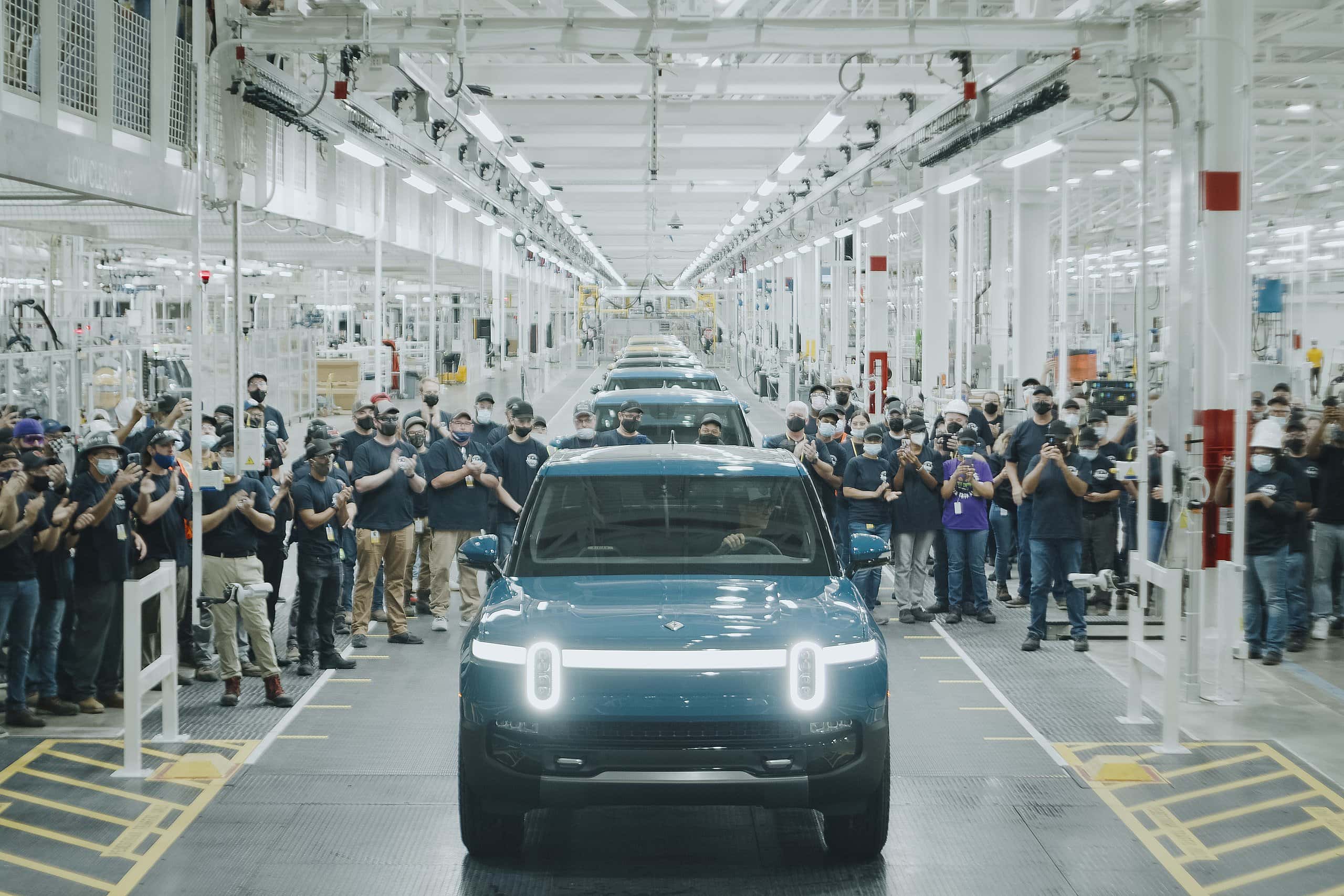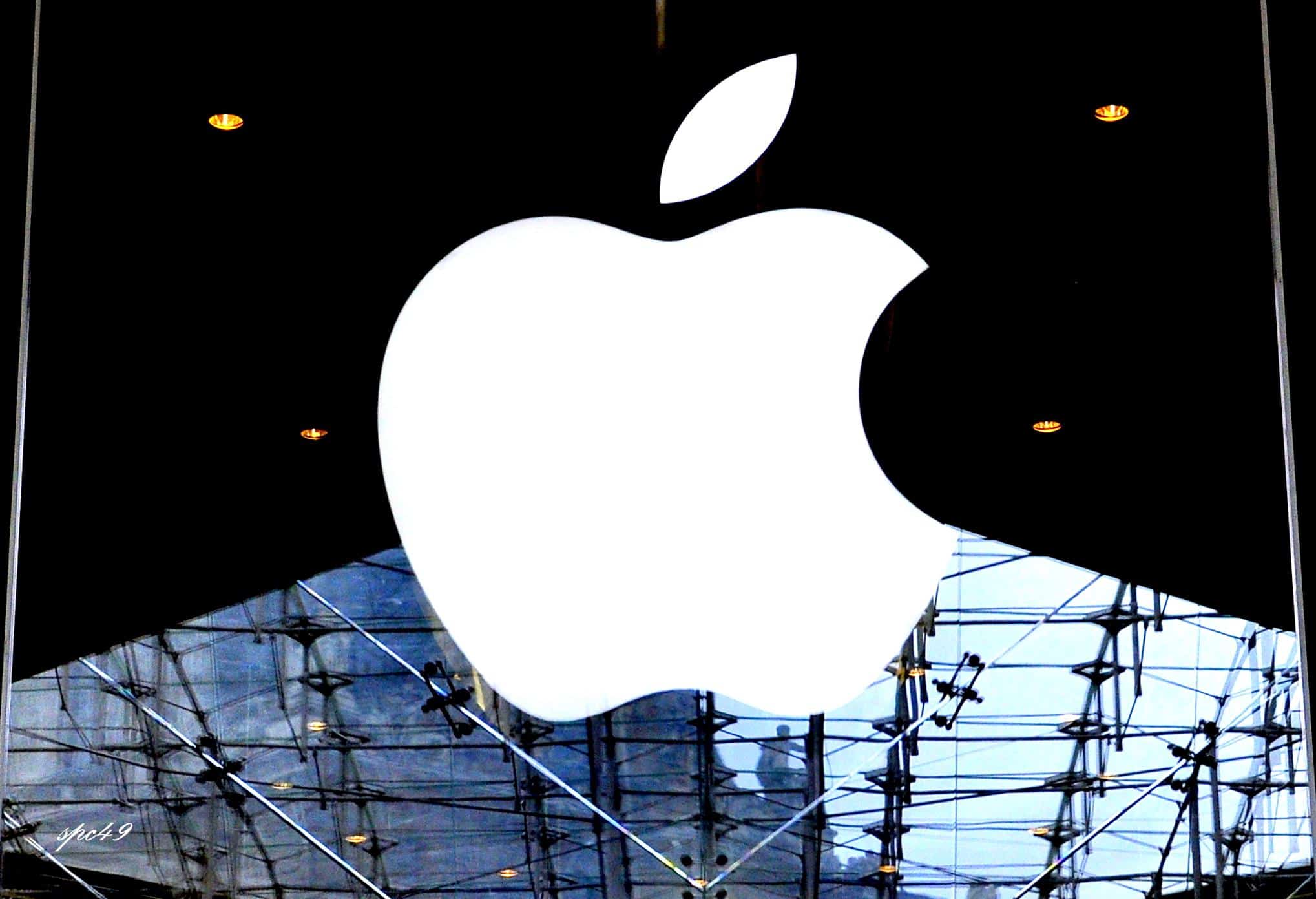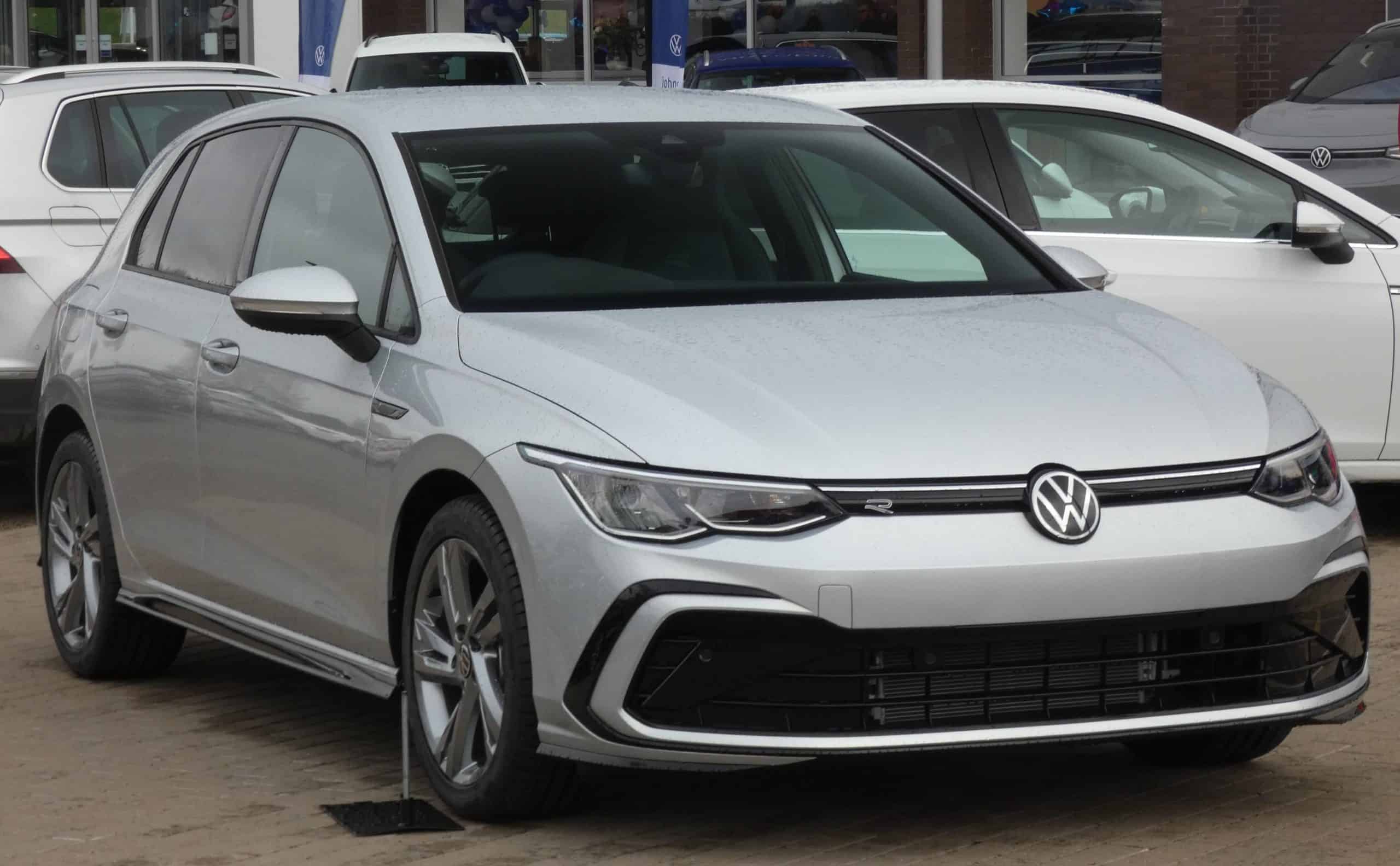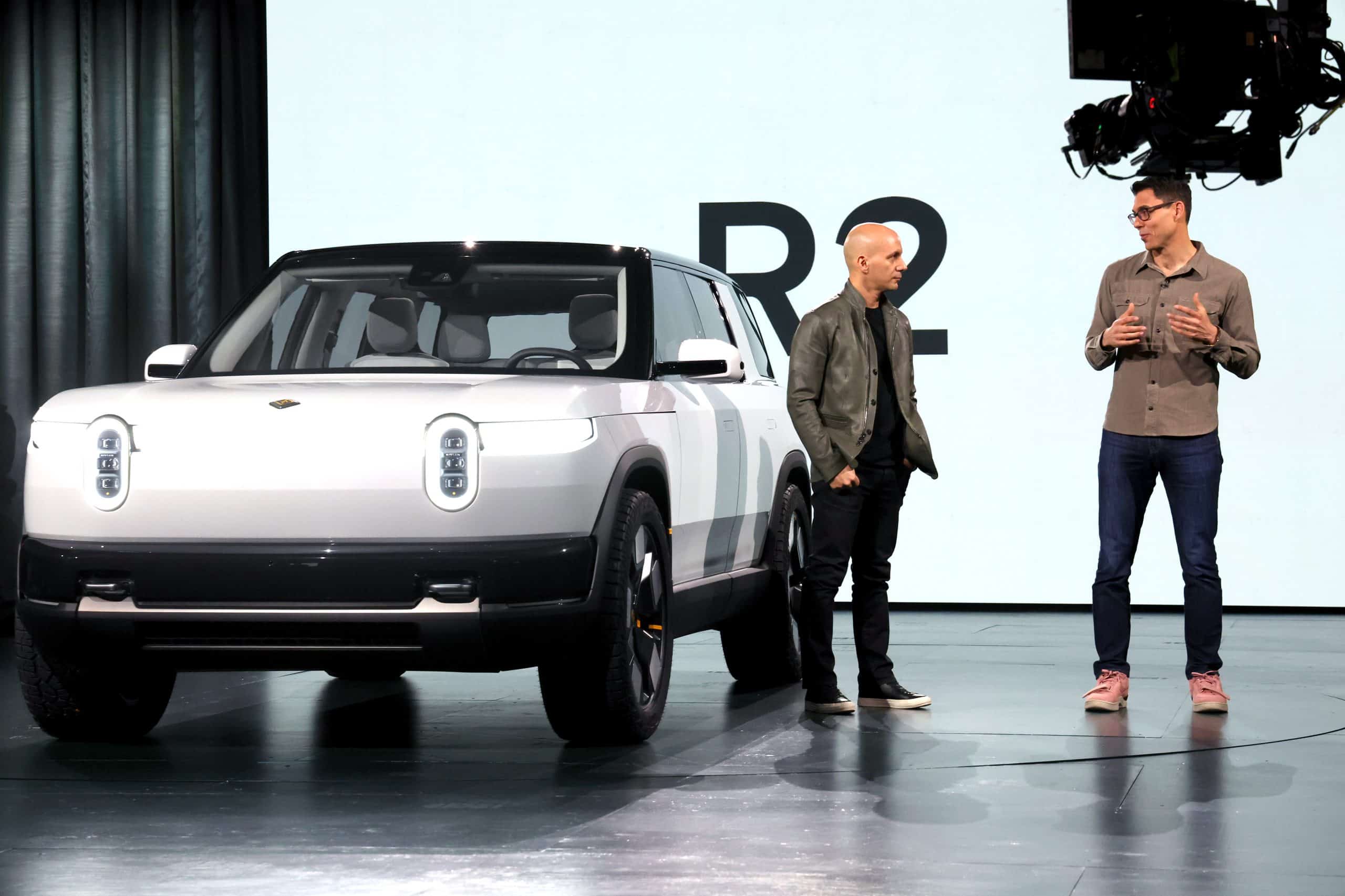Investing
Planning to Buy Rivian Automotive (RIVN) Stock? Read This First

Published:

Among one of the top-performing and reputable electric vehicle makers in the U.S., Rivian Automotive (NASDAQ:RIVN) is certainly a top EV stock many investors remain bullish on. The company’s recent market share gains, its strong branding, and its contrast to industry leader Tesla (NASDAQ:TSLA) position this company as one EV investor shave to consider.
That said, Rivian’s recent Q2 2024 earnings report released on August 6 was a mixed bag. Although the company met production and delivery expectations, profitability is still nowhere close to being realized. The competitive and unstable EV market added to the company’s margin challenges. Analysts noted positive trends in cost reductions and production improvements, but Rivian still needs to optimize internal costs. Strategic initiatives like the R2 platform were crucial for expanding market appeal.
That said, it’s important to note that RIVN stock recently got a boost from news of a potential joint venture with Volkswagen (OTC:VWAGY), which plans to invest up to $5 billion in the early-stage EV maker. However, the positive impact on Rivian’s stock may be overestimated, given ongoing losses and recent executive resignations.
Given mixed financial signals and high expectations, maintaining a neutral stance on Rivian stock before assessing post-earnings performance has been advisable. While investors are excited, caution is likely needed with this particular EV stock, especially considering the upcoming U.S. presidential election’s potential impact on the sector as a whole.

In Q2 2024, Rivian produced 9,612 vehicles and delivered 13,790, staying on track to hit its annual target of 57,000. Recent plant upgrades could certainly help the company in its goal of enhancing efficiency and reducing costs. But Rivian continues to face profitability issues, with earnings per share once again coming in negative, at -$1.19. Revenue grew at a 2.87% clip year-over-year to $1.15 billion, but Rivian’s losses widened to $1.46 billion from $1.2 billion year-over-year. This was partly due to the company selling older inventory before recent cost cuts.
Analyst estimates for EPS and revenue showed significant downward revisions, reflecting uncertainty. Rivian’s earnings were a mixed bag, with some beats and misses, which contributed to a cautious outlook before the earnings report was released.
Rivian’s production slightly declined, only delivering 9,612 units due to second-generation models. However, the company maintained an annual target of 57,000. The quarter highlighted investor concerns, as Rivian must demonstrate increased production, profitability, and adaptability in the competitive EV market.

Rivian bypassed CarPlay in its EVs, instead launching a software update for built-in Apple Music with spatial audio. Rivian’s CEO, RJ Scaringe, explained that CarPlay restricts automaker control, prompting this alternative. Accessing features on Rivian’s Android-based infotainment requires a Connect Plus subscription.
Rivian announced that all R1T and R1S owners will soon need the Connect Plus subscription to stream media apps and use the built-in Wi-Fi hotspot. Gen 1 owners previously accessed apps like Spotify without extra fees, but now all will require Connect Plus, which costs $14.99 monthly or $149.99 annually. To ease the transition, Rivian offers a two-month free trial. The update includes apps like YouTube and Google Cast support. Rivian is clearly following in Tesla’s footsteps, looking to create passive income streams via paid connectivity subscriptions.
Neither Rivian nor Tesla offers CarPlay or Android Auto, which mirror phone screens on the car display. However, RivianTrackr reports that native media apps will work via a separate Wi-Fi hotspot, or users can connect audio through Bluetooth for a basic alternative.

With Rivian’s software support, Volkswagen’s electric Golf may launch sooner than anticipated, despite further delays to the Trinity EV. Initially seen as Volkswagen’s answer to Tesla, the Trinity EV’s production has been postponed to 2032, far beyond its original 2026 target.
Volkswagen’s Trinity EV, initially set for a 2026 launch, has been delayed multiple times, now likely to debut by late 2032. The Trinity was to be VW’s first EV using the Scalable Systems Platform (SSP), but slowing EV sales and cost-cutting plans under CEO Oliver Blume caused delays. The electric Golf might now become the first SSP-based EV, overtaking the Trinity.
Rivian also announced a collaboration with Volkswagen where it invested $5 billion to Rivian, with $3 billion going to the company and the $2 billion to its joint venture. Volkswagen’s MB platform will also be upgraded in 2026, while its PPE platform will receive a software update. The Golf EV, potentially the first model on the SSP platform, could debut by 2029. VW’s CTO confirmed work on the electric Golf, ensuring it remains affordable and true to its iconic design, with a GTI version planned.

Rivian ranked fifth in U.S. EV sales in Q1 2024, making it a top EV stock in its own right and one that is certainly worth looking at. That said, after a deeper look, there are reasons for investors and analysts to be skeptical of the company’s prospects. Despite cost cutting initiatives and impressive safety accolades, profitability remains a challenge. The 2026 R2 platform, a $45,000 SUV, targets broader markets and aims to save $2.25 billion.
Although still smaller than its rivals, Rivian performed better in 2023. Market analysts expect revenue to grow at a 29% compounded rate through 2026. Despite concerns about its cash burn, Rivian’s Volkswagen partnership does offer hope. That said, for long-term investors who want to own a profitable company (or one with a clear pathway to profitability), steering clear of Rivian until the company can show such progress may be the right move.
The average American spends $17,274 on debit cards a year, and it’s a HUGE mistake. First, debit cards don’t have the same fraud protections as credit cards. Once your money is gone, it’s gone. But more importantly you can actually get something back from this spending every time you swipe.
Issuers are handing out wild bonuses right now. With some you can earn up to 5% back on every purchase. That’s like getting a 5% discount on everything you buy!
Our top pick is kind of hard to imagine. Not only does it pay up to 5% back, it also includes a $200 cash back reward in the first six months, a 0% intro APR, and…. $0 annual fee. It’s quite literally free money for any one that uses a card regularly. Click here to learn more!
Flywheel Publishing has partnered with CardRatings to provide coverage of credit card products. Flywheel Publishing and CardRatings may receive a commission from card issuers.
Thank you for reading! Have some feedback for us?
Contact the 24/7 Wall St. editorial team.